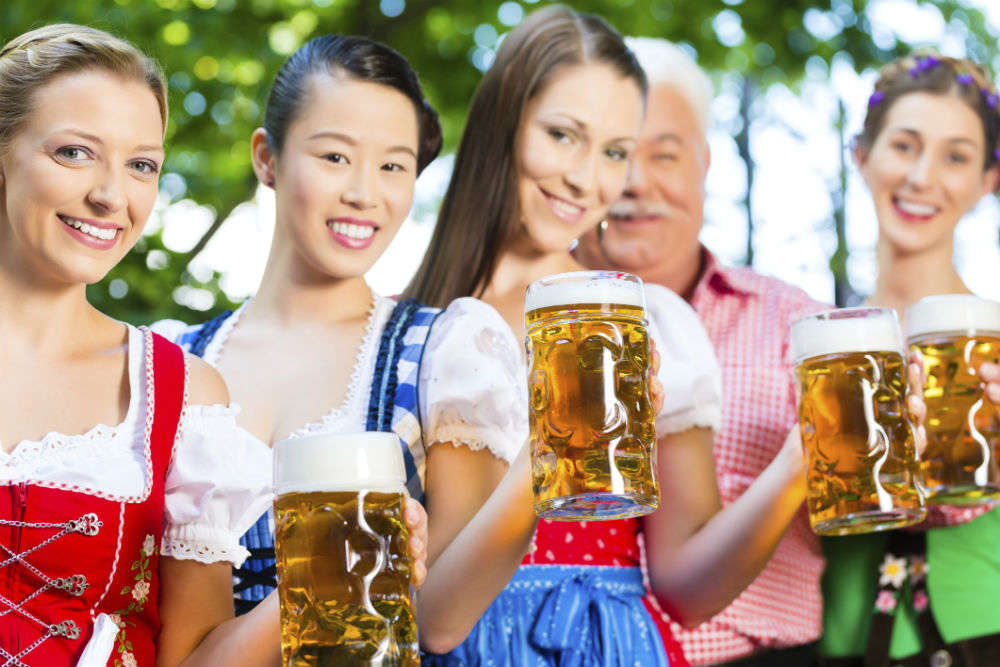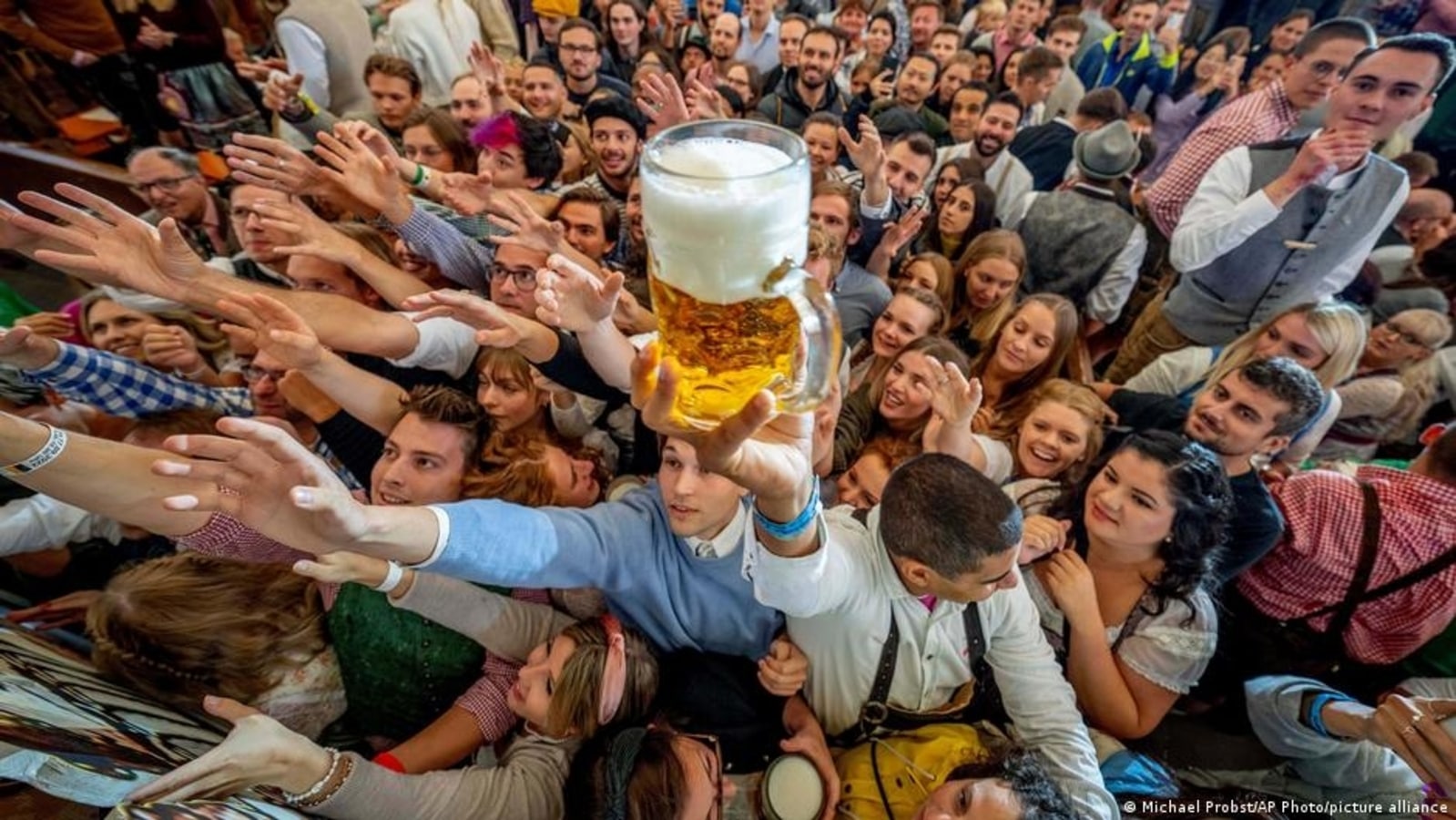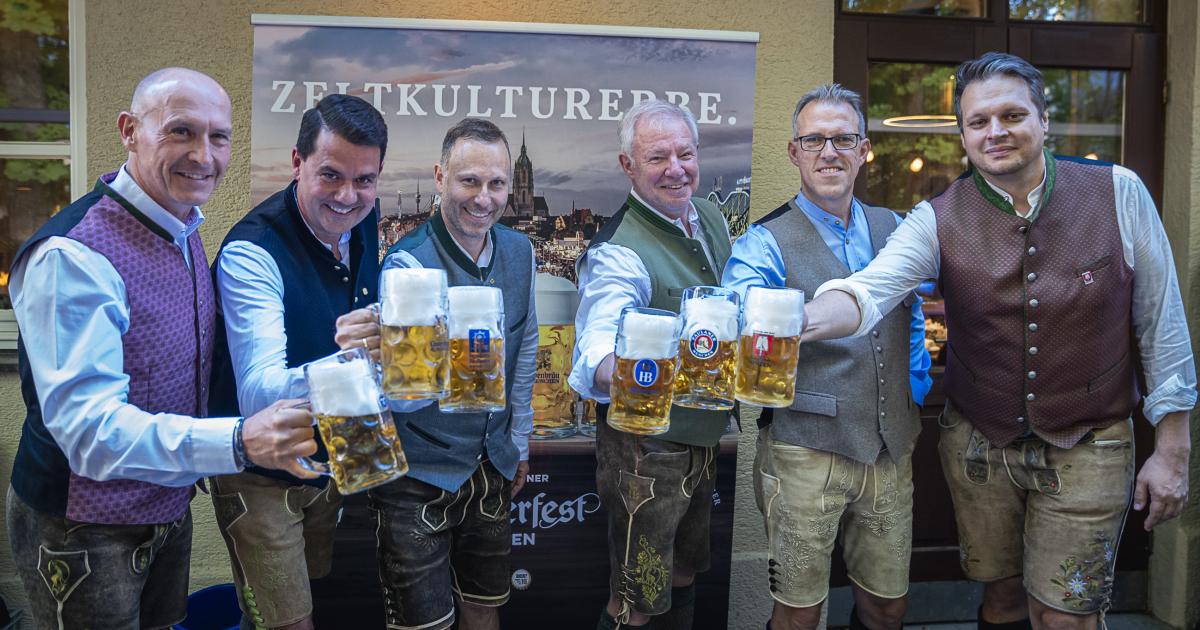Navigating the PTE landscape can be daunting, and misconceptions can add unnecessary stress. Let’s set the record straight! In this series, we debunk prevalent myths surrounding the Pearson Test of English (PTE). From the belief that PTE is easier to guesses negatively impacting scores, we’ll unravel the truths. Join us in dispelling these myths and gain a clearer understanding of what it takes to conquer the PTE. Your journey to success starts with accurate information. Let’s debunk myths and pave the way for your triumph!
-
Myth: PTE is Easier than Other English Proficiency Tests
Clarification: PTE is different, not necessarily easier. Each English proficiency test has its own format and scoring criteria. PTE assesses language skills in an integrated manner, and some find its format challenging.
-
Myth: Accent Matters in PTE Speaking
Clarification: PTE’s speech recognition technology is designed to understand a range of accents. As long as your pronunciation is clear, your accent won’t significantly impact your score.
-
Myth: PTE Only Tests Academic English
Clarification: While PTE Academic focuses on academic contexts, it also evaluates real-life language skills. PTE General, on the other hand, specifically assesses general English proficiency for everyday communication.
-
Myth: Guessing Penalizes Your Score
Clarification: PTE does not penalize for incorrect answers. It is beneficial to make educated guesses when you’re unsure, as you might earn points, especially in multiple-choice questions.
-
Myth: PTE Scores are Inconsistent
Clarification: PTE uses advanced algorithms to ensure score consistency. Your performance is measured against a set of criteria, and scores are generated objectively.
-
Myth: You Can’t Prepare for PTE
Clarification: Effective preparation is key to success in any test, including PTE. Familiarizing yourself with the test format, practicing regularly, and using preparatory materials can significantly improve your performance.
-
Myth: Longer Essays Guarantee Higher Scores in PTE Writing
Clarification: Quality matters over quantity in PTE Writing. Focus on coherence, vocabulary, and grammar, excessively long essays that lack substance may not necessarily score higher.
-
Myth: PTE Speaking and Writing Tasks are not Interconnected
Clarification: The PTE Speaking and Writing sections are interconnected, and your performance in one section can impact the other. For instance, good vocabulary usage in Writing can positively influence your Speaking score.
-
Myth: PTE Only Tests British English
Clarification: PTE is designed to assess a range of English accents, including American, Australian, and British. It does not favour any particular accent.
-
Myth: PTE is Strictly Computer-Based, No Human Involvement
Clarification: While the scoring is largely automated, PTE involves a combination of automated scoring and human checks to ensure fairness and accuracy.
By dispelling these myths, test-takers can approach the PTE with a clearer understanding, making their preparation more effective and focused.











